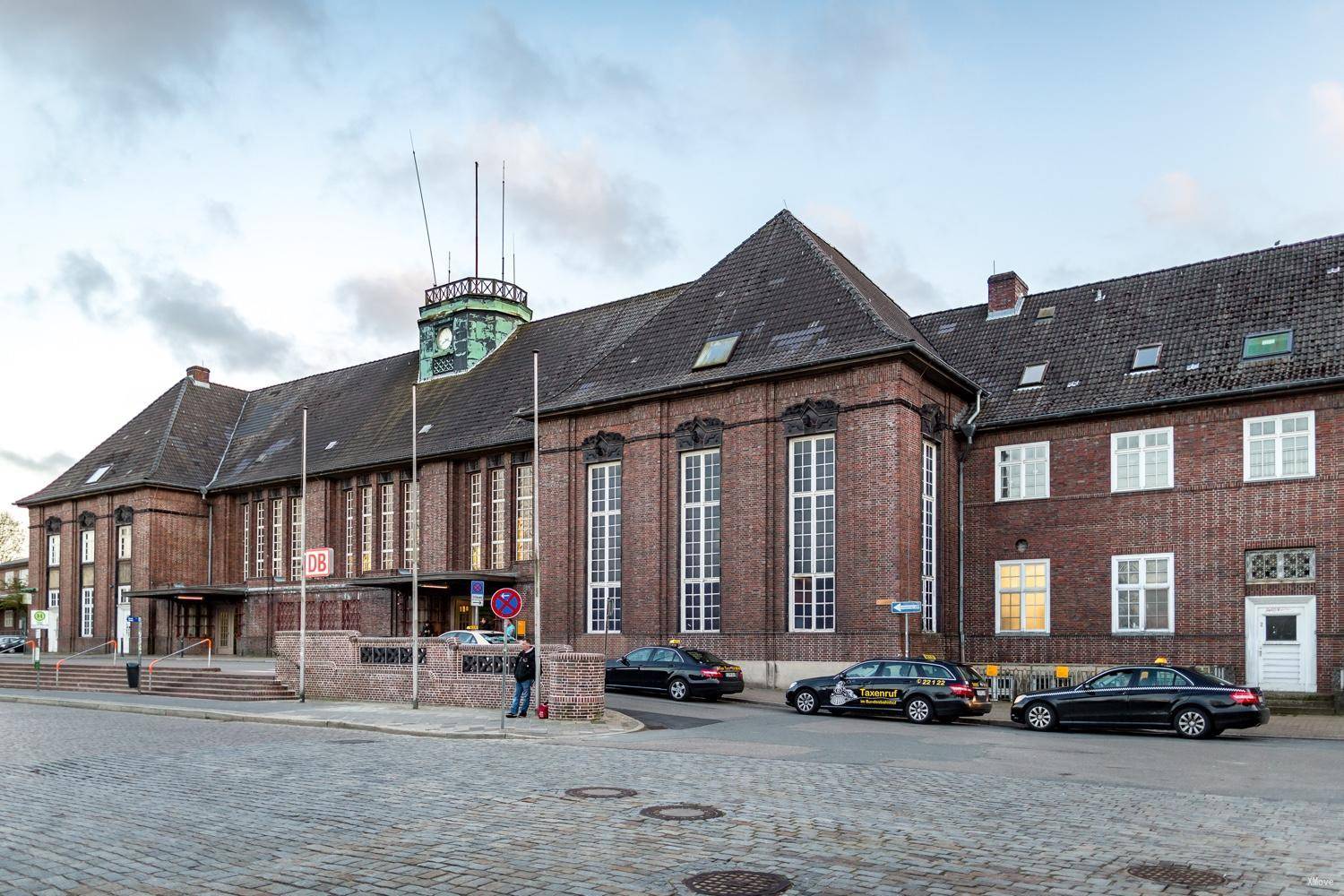Flensburg to Horsens St: Trains, Buses, Fares, Today's Connections, Routes, Duration, Types of Trains, Station Guides, Tips, Journey
Germany Train Tickets
Train schedule Flensburg to Horsens St
Popular train routes departing from Flensburg
* Ljubljana
* Rostock Central(Rostock Hbf)
* Nyborg St
* Vejle St
* Szczecin
* Bremerhaven Central(Bremerhaven Hbf)
* Husum(S) Station(Husum Station)
Popular train routes arriving in Flensburg
* Süderlügum
* Nyköping C
* Uppsala C
* Centraal Station Freiburg (Breisgau)(Freiburg(Breisgau) Hbf)
* Bratislava Hl.St.
* Station Parijs Noord(Paris Gare Du Nord)
* Gnesta Station(Gnesta)
Popular train routes departing from Horsens St
* Luebeck Travemuende Hafen(Lübeck Travemünde Hafen)
* Osnabrueck Hbf(Osnabrück Hbf)
* Dortmund Central(Dortmund Hbf)
* Hamburg Central(Hamburg Hbf)
* Warsaw(Warszawa)
* Budapest Central(Budapest Keleti Pályaudva)
* Nuernberg Hbf(Nürnberg Hbf)
Popular train routes arriving in Horsens St
* Lapangan Terbang Hamburg(Hamburg Flughafen)
* Stesen Pusat Bremen(Bremen Hbf)
* Stesen Pusat Dresden(Dresden Hbf)
* Flensburg
* Katowice
* Almelo
* Münster (Westf) Hbf(Münster(Westf)Hbf)

Flensburg (Danish, Low Saxon: Flensborg; North Frisian: Flansborj; South Jutlandic: Flensborre) is an independent town (kreisfreie Stadt) in the north of the German state of Schleswig-Holstein. Flensburg is the centre of the region of Southern Schleswig. After Kiel and Lübeck, it is the third largest town in Schleswig-Holstein. In May 1945, Flensburg was the seat of the last government of Nazi Germany, the so-called Flensburg government led by Karl Dönitz, which was in power from 1 May, the announcement of Hitler's death, for one week, until German armies surrendered and the town was occupied by Allied troops. The regime was officially dissolved on 23 May. The nearest larger towns are Kiel (86 kilometres (53 miles) south) and Odense in Denmark (92 km (57 mi) northeast). Flensburg's city centre lies about 7 km (4 mi) from the Danish border. In Germany, Flensburg is known for
the Kraftfahrt-Bundesamt (roughly: National Driver and Vehicle Register) with its Verkehrssünderkartei (literally: "traffic sinner card file") its beer Flensburger Pilsener, also called "Flens" the centre of the Danish national minority in Germany the greeting Moin Moin the large erotic mail-order companies Beate Uhse and Orion its handball team SG Flensburg-Handewitt the Naval Academy at Mürwik with its sail training ship Gorch Fock
Flensburg - Guide, Attractions, Tours, Sightseeings | Train from/to Flensburg | Popular RoutesHorsens (Danish pronunciation: [ˈhɒːsn̩s]) is a city on the east coast of Jutland region of Denmark. It is the seat of the Horsens municipality. The city's population is 59,181 (2019) and the municipality's population is 90,370 (as of 1 January 2019), making it the 8th largest city in Denmark.Horsens is best known for its culture and entertainment events. Horsens New Theatre is a cultural centre which holds over 200 events annually. It has managed to draw major names such as Bob Dylan, Madonna and The Rolling Stones.
Horsens - Guide, Attractions, Tours, Sightseeings | Train from/to Horsens | Popular Routes
Germany Train Tickets
Hot Journeys
* London(London) -> Brussels(Bruxelles)
* Strasbourg -> Paris
* Brig -> Andermatt
* Munich(Müchen) -> Dusseldorf(Düsseldorf)
* Milan -> Florence
* Dusseldorf(Düsseldorf) -> Frankfurt
* Munich(Müchen) -> Frankfurt
* Cologne(Köln) -> Frankfurt Airport(Frankfurt Flughafen)
* Oxford -> London(London)





